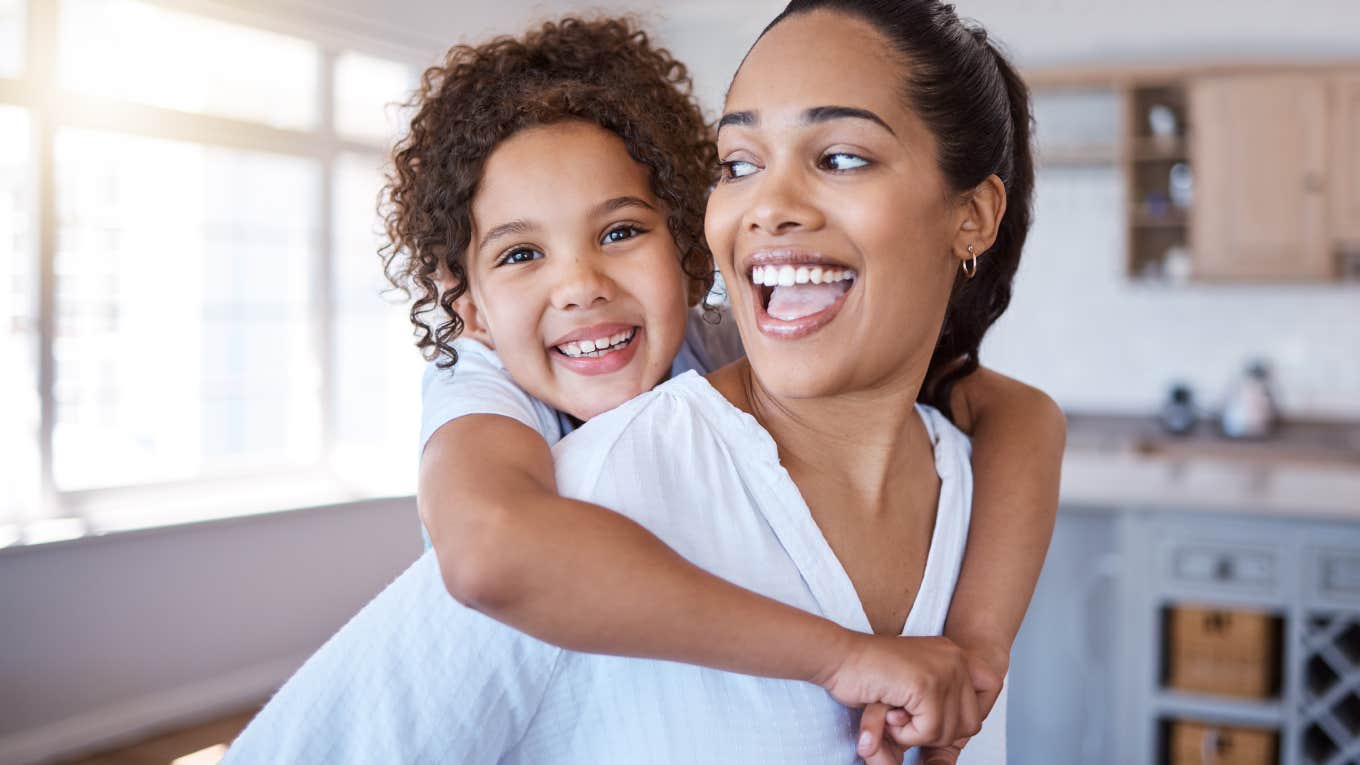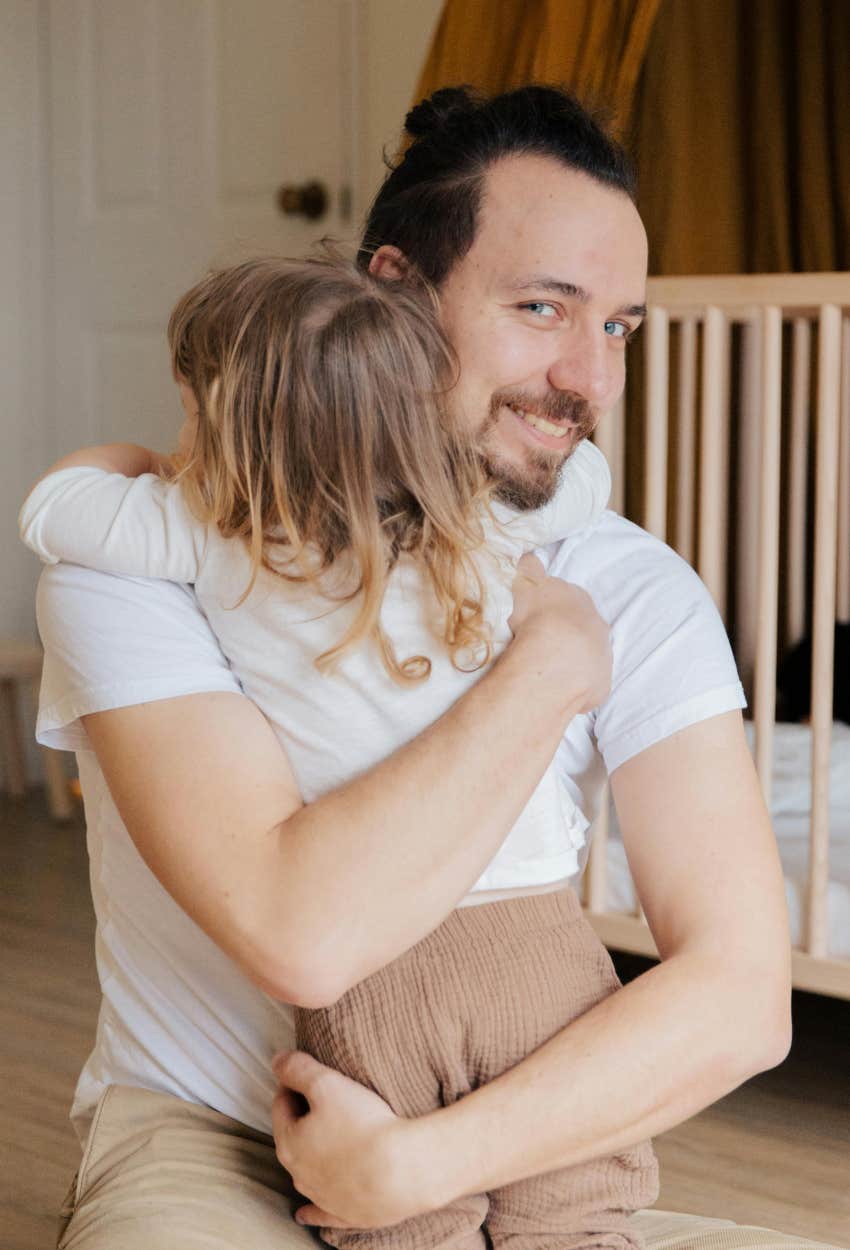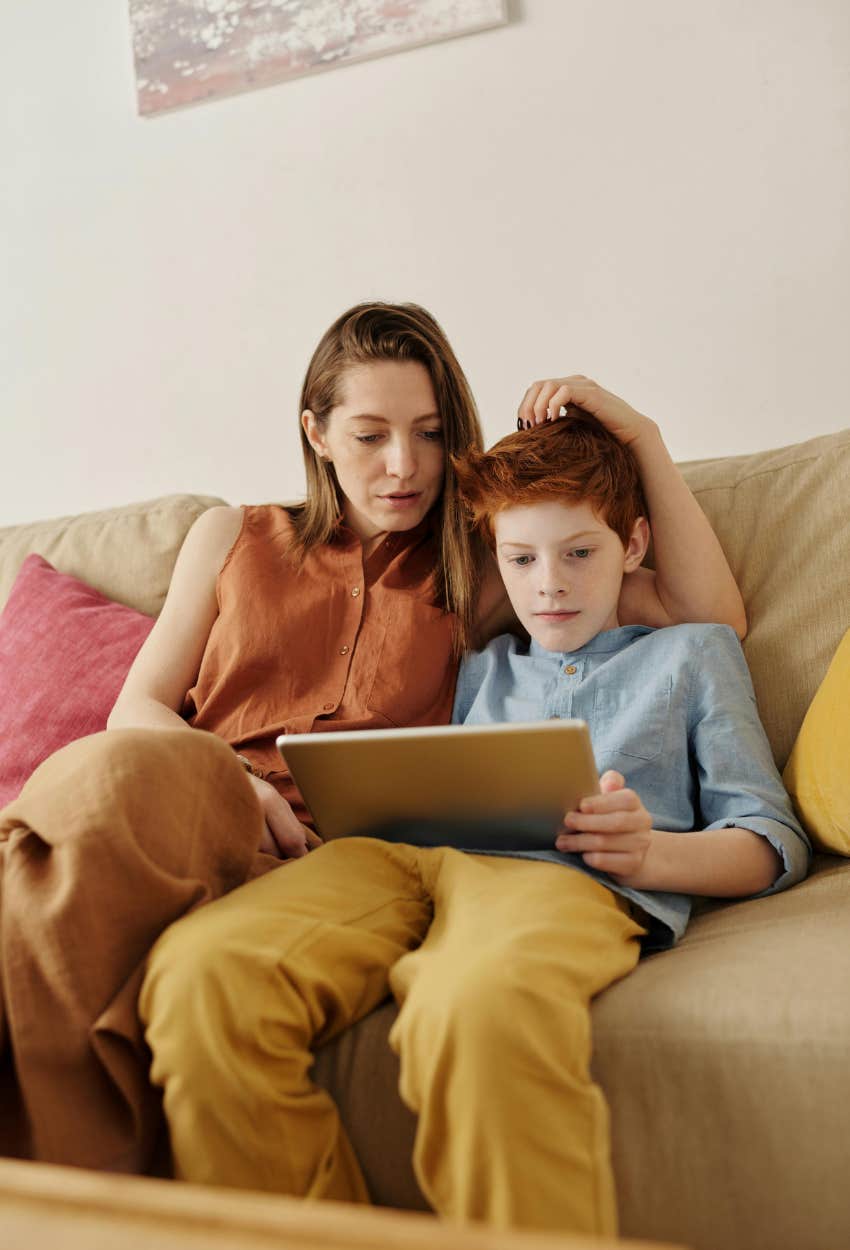6 Little Ways Your Kid Confirms That You’re A Great Parent
If your kids express how they feel in any of these ways, it means they feel safe around you.
 PeopleImages.com - Yuri A | Shutterstock
PeopleImages.com - Yuri A | Shutterstock Being a parent isn't an easy task at all. Despite the love and care you put into raising your child and instilling values and morals, sometimes the lessons you impart may not be appreciated at the time. The last thing many parents want is to feel that they let their child down or that they didn't do a good job raising them.
Chances are, most parents are harder on themselves than they need to be, and if they pay attention to their kids' behavior, they'll know just how great they are actually doing.
Here are 6 little ways your child is telling you that you're a great parent:
1. They come to you for comfort
 Tatiana Syrikova | Pexels
Tatiana Syrikova | Pexels
If your kid is coming to you when they're distressed, it means that they feel safe enough around you to be comforted. If they're calling out to you or even just crawling up into your lap looking for you to wrap your arms around them and soothe them, it means that your presence offers security to them in that moment.
A study even found that children are more likely to turn to their primary caregivers for comfort when they are upset. Researchers found that distressed toddlers, in particular, were more likely to interact with their primary caregiver. The more that they viewed that person as the "primary" caregiver, the more likely toddlers were to seek out that parent when distressed.
2. They share their thoughts and feelings with you
While it may not seem like a big deal at first, your kid voluntarily coming to you with the things that are on their mind means they feel emotionally safe with you. They also trust you enough to unload, especially when you think about how closed-off kids can be. Kids are especially tight-lipped around parents who make them feel unsafe, so if they are actively bending your ear, that's a surefire sign you're doing things right.
The fact that a child feels comfortable enough to talk about a new friend they've made or the drama happening at school means they know that it's a judgment-free zone, and they can just talk and ramble without being dismissed.
3. They ask for your help and opinions
If your child goes to you immediately when they need help with something, it means they trust you enough to guide them. They value your guidance, and they know that you would never lead them astray or shame them. Kids who don't feel safe around their parents usually end up being hyper-independent because they've learned from a young age that they can only count on themselves.
"Children need a positive self-esteem. It is in your eyes, your words, your actions, and your smile that your child forms an image of himself. Children desperately want to feel that they are valuable. Giving your child a good feeling about himself, by protecting his self-esteem, is one of your greatest challenges as a parent," explained parenting expert Meri Wallace.
4. They include you in their world
 Julia M Cameron | Pexels
Julia M Cameron | Pexels
In this case, your child may ask if you want to watch a movie with them or go do an activity together. They go out of their way to include you in the plans they make and their interests because they genuinely want to spend time with you. They want to just connect with you through what matters to them.
5. Your child disagrees with you without fear
When a child questions your decisions respectfully or challenges you, it's because they don't have any fear that you'll invalidate them. They also feel safe expressing themselves. They know your relationship is rooted in open communication.
In a situation where a child may not feel safe around their parent, they'll either become completely silent or just agree with everything that's being asked or demanded of them because they don't want to rock the boat. Psychologist Jim Taylor explained that parents who raise their kids using fear as a way to get their obedience are only doing their kids a disservice in the long run. "Fear in childhood creates stress, insecurity, anxiety, and a host of other psychological, emotional, and physical problems later in life. Plus, when children who live in fear become parents, they use fear on their own children," he explained.
6. They are living room kids, not just bedroom kids
When your kids are comfortable playing or just existing in the common areas of your house, that's a big sign that they trust you wholeheartedly. When children isolate themselves or retreat to their rooms, it means they want to stay away from their parents. They don't want to hang out in the living room or do their homework sitting at the dining room table.
When kids feel safe around you, they actually want to spend time with you in the living room. They want to sit next to you while you're watching TV because they know they won't be dismissed just for being themselves. You're their safe space, and when they become adults, they will thank you for the way you raised them.
Nia Tipton is a staff writer with a bachelor's degree in creative writing and journalism who covers news and lifestyle topics that focus on psychology, relationships, and the human experience.

